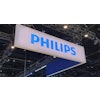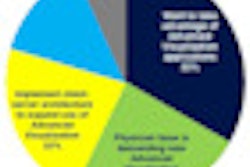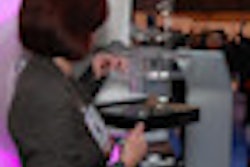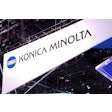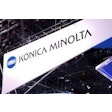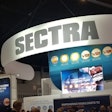Dear AuntMinnie Member,
You may be ready to let go of RSNA 2012, but we're not done yet! Today we bring you a unique perspective on radiology's showcase meeting from Dr. Mary Morrison Saltz, a board-certified radiologist who is chief medical officer for a national radiology contract management firm.
In her latest Mary's Musings column, Dr. Saltz reflects on the RSNA show's past, but she reserves most of her attention for the future. She believes that the growing prominence of data in radiology is a positive development that raises the promise of reinvigorating the specialty.
For example, radiology could shift the interpretation of routine cases to computers, with more interesting exams reserved for human readers. This would give radiologists more time to spend with patients and referring physicians -- a prominent theme at RSNA 2012.
But who will control this future: academics or private practice radiologists? Dr. Saltz believes that academic radiologists were overrepresented at last week's meeting, which could be to the detriment of the private-practice imaging sector. Read more by clicking here, or visit our RADCast @ RSNA at radcast.auntminnie.com.
Good news for MRI in Europe
In other news, MRI specialists in Europe received good news today when a committee of the European parliament voted to exempt workers who deal with MRI from exposure limits to electromagnetic fields (EMFs).
The limits were found in a law known as the EMF Directive, which set limits that were so strict they could have restricted the ability of healthcare personnel to enter the magnet room for some procedures. European MRI advocates have mobilized to fight the rules.
Today's vote offers hope that the most restrictive parts of the legislation won't be applied. You can learn more on our sister site, AuntMinnieEurope.com, by clicking here, or visit mri.auntminnieeurope.com.
New report on VNAs
Finally, we're highlighting a new report this week on vendor-neutral archives (VNAs), a data storage option that is being increasingly adopted by hospitals and other healthcare facilities looking to gain more control over their data.
VNAs are being used in one-third of the U.S. hospital market, which means the technology has ample room to grow, according to the report in our PACS Digital Community. Major IT vendors are also making progress on getting into the space, the report states.
The report also has some intriguing insights into the advanced visualization and mobile imaging segments. Learn more by clicking here, or visit the community at pacs.auntminnie.com.



